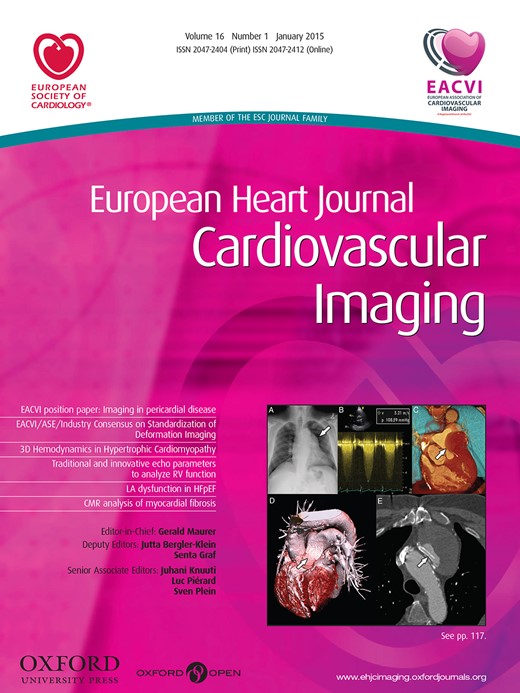-
PDF
- Split View
-
Views
-
Cite
Cite
J.M. DeCara, R.M. Lang, R. Koch, R. Bala, J. Penzotti, K.T. Spencer, The Use of Small Personal Ultrasound Devices by Internists Without Formal Training in Echocardiography, European Journal of Echocardiography, Volume 4, Issue 2, June 2003, Pages 141–147, https://doi.org/10.1053/euje.4.2.141
Close - Share Icon Share
Abstract
Aims: Hand-held ultrasound devices will probably be used for bedside cardiac diagnoses by internists without formal training in echocardiography. We compared the accuracy of hand-held ultrasound devices studies performed by expert echocardiographers vs internal medicine residents with brief training in echocardiography.
Methods and Results: Three internal medicine residents participated in an organized training program in echocardiographic principles, image acquisition, and interpretation. Subsequently, these residents and three echocardiographers imaged 300 patients with a hand-held ultrasound device. Sensitivity, specificity, positive and negative predictive values for internist- and echocardiographer-performed studies for the detection of cardiac abnormalities were compared using a full-featured exam as the gold standard. Resident- and echocardiographer-performed scans had similar overall sensitivity and specificity. There was a higher positive predictive value for the echocardiographer-performed scans. For clinically important findings (likely to affect patient care), sensitivity was slightly but significantly higher for the echocardiographer-performed scans. Clinically important findings most often missed by residents included regional wall motion abnormalities, intra-cardiac thrombus, right ventricular dysfunction and non-trivial pericardial effusions.
Conclusion: Hand-held ultrasound devices provide useful screening tools for cardiac disease but should not replace a standard platform study. Training guidelines and competency evaluation are needed if these devices are to be used by non-echocardiographers for clinical decision-making. Copyright 2002 The European Society of Cardiology. Published by Elsevier Science Ltd. All rights reserved.
- pericardial effusion
- echocardiography
- ultrasonography
- left ventricular wall motion
- ventricular dysfunction, right
- heart diseases
- congenital heart defects
- internal medicine
- internship and residency
- guidelines
- hand
- heart
- thrombus
- health care decision making
- medical devices
- medical residencies
- gold standard
- european society of cardiology



